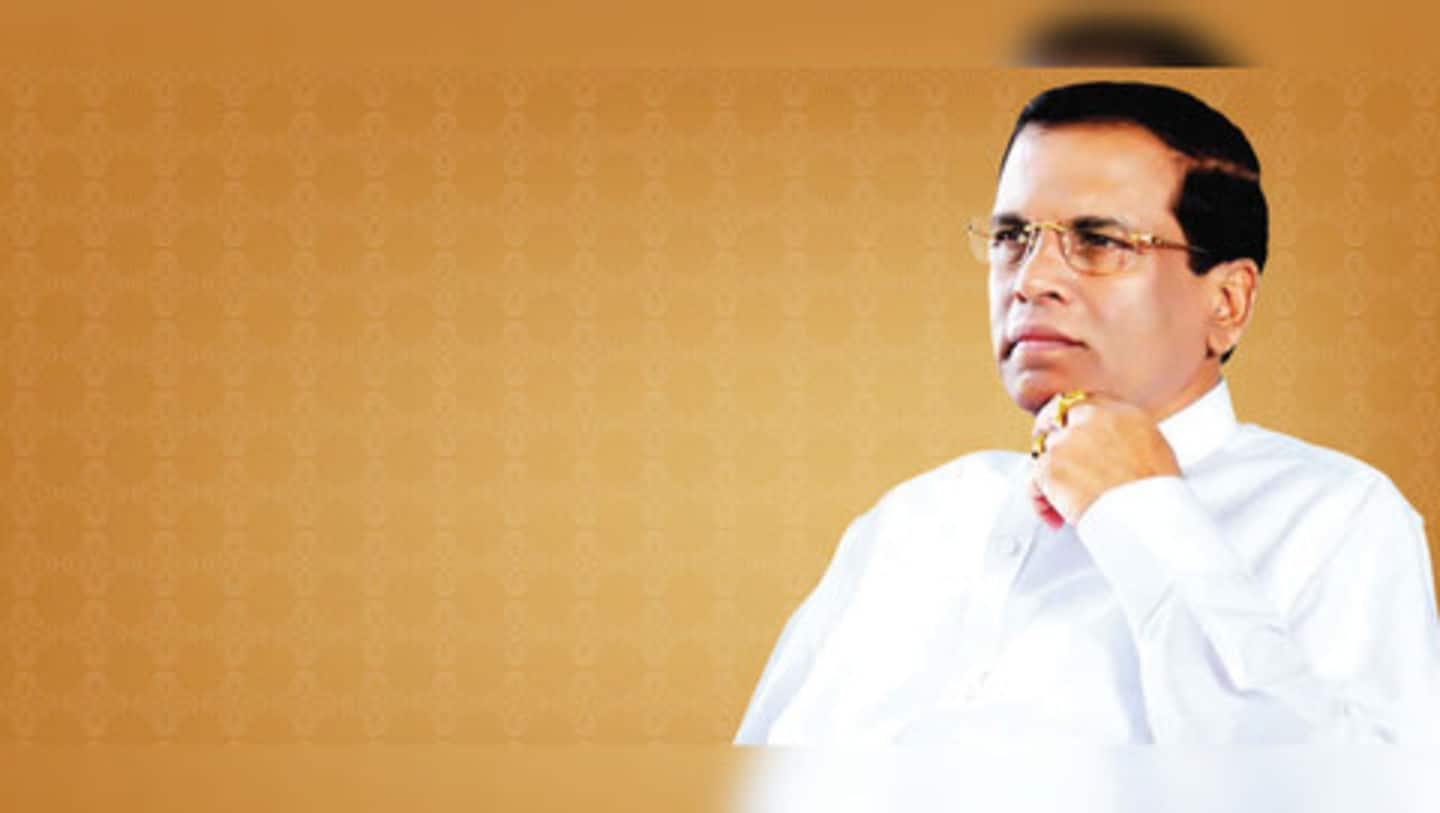
Sri Lanka lifts state of emergency
What's the story
Sri Lanka President Maithripala Sirisena announced that he is bringing an end to the nationwide state of emergency which has been in place since the 6th of March. The emergency was declared in the wake of communal violence between nationalist Buddhists and Muslim minorities. Police arrested close to 300 people including a hard-line Buddhist organization leader on the suspicion of inciting the violence.
Background
The growing unrest in recent times
Sri Lanka, a Buddhist-majority country has seen an increase in violence against the Muslim community over the past year, fuelled by some nationalist Buddhist groups. These groups have accused Muslims of forcing people to convert to Islam and vandalizing Buddhist archaeological sites. The situation reached its height when the recent clashes between the two communities led to the death of a young Buddhist man.
State of Emergency
Clashes in Kandy and subsequent imposition of emergency
The Sri Lankan government resorted to imposing a 10-day state of emergency in the country after continued clashes between Buddhist and Muslim groups in the island's central district of Kandy. This also meant curfews and social media bans "to prevent the spread of communal riots to other parts of the country." The violence caused two deaths and damage to hundreds of Muslim-owned properties.
Information
First time in 7 years
The State of Emergency in Sri Lanka comes nearly after 7 years. The country had previously been under the measure for close to three decades owing to civil war between the government and Tamil rebels, which came to an end in 2009.